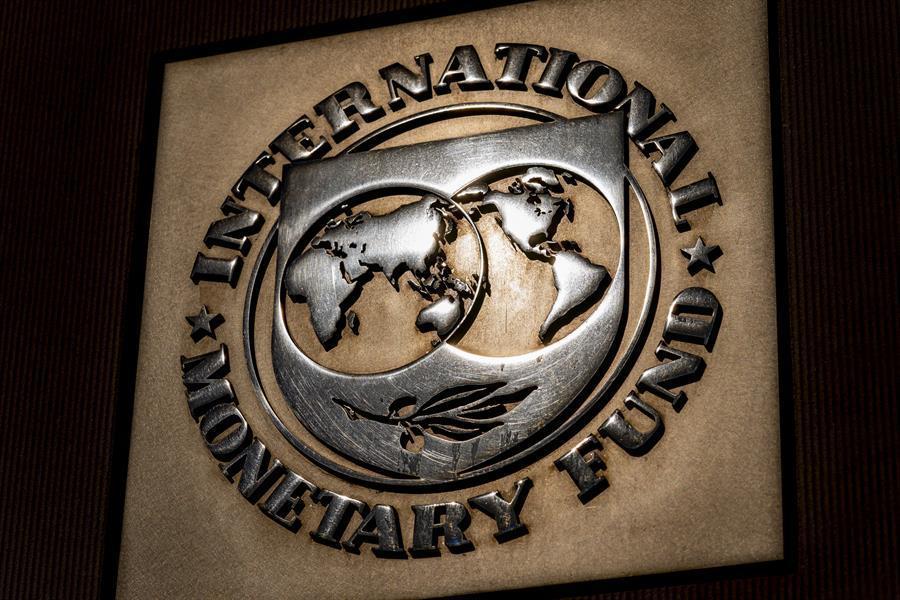
The International Monetary Fund on April 19 downgraded the outlook for the world economy this year and next, blaming Russia’s war in Ukraine for disrupting global commerce, pushing up oil prices, threatening food supplies and increasing uncertainty already heightened by the coronavirus and its variants.
The 190-country lender cut its forecast for global growth to 3.6 percent this year, a steep falloff from 6.1 percent last year and from the 4.4 percent growth it had expected for 2022 back in January. It also said it expects the world economy to grow 3.6 percent again next year, slightly slower than the 3.8 percent it forecast in January.
“The war will slow economic growth and increase inflation,” IMF chief economist Pierre-Olivier Gourinchas told reporters.
Now, the IMF expects Russia’s economy - battered by sanctions - to shrink 8.5 percent this year and Ukraine’s 35 percent.
U.S. economic growth is expected to drop to 3.7 percent this year from 5.7 percent in 2021, which had been the fastest growth since 1984. The new forecast marks a downgrade from the 4 percent the IMF had predicted at the beginning of the year. Hobbling U.S. growth this year will be Federal Reserve interest rate increases, meant to combat resurgent inflation, and an economic slowdown in key American trading partners.
Europe, heavily dependent on Russian energy, will bear the brunt of the economic fallout from the Russia-Ukraine war. For the 19 countries that share the euro currency, the IMF forecasts collective growth of 2.8 percent in 2022, down sharply from the 3.9 percent it expected in January and from 5.3 percent last year.
The IMF expects the growth of the Chinese economy, the world’s second biggest, to decelerate to 4.4 percent this year from 8.1 percent in 2021. Beijing’s zero-COVID strategy has meant draconian lockdowns in bustling commercial cities like Shanghai and Shenzhen.
Turkey’s GDP growth forecast was also revised from 3.3 percent to 2.7 percent.
Some commodity-exporting countries, benefiting from the rising price of raw materials, are likely to defy the trend toward slower growth. For example, the IMF raised its growth forecast for oil producer Nigeria to 3.4 percent this year from the 2.7 percent the fund said it expected back in January.
The IMF forecasts a 5.7 percent jump in consumer prices in the world’s advanced economies this year, the most since 1984. In the United States, inflation is running at a four-decade high.
Central banks are raising interest rates to counter rising prices, a move that could choke off economic growth. By driving up prices of oil, natural gas and other commodities, the Russia-Ukraine war has made their task of fighting inflation while preserving the economic recovery even trickier.
The conflict also has “triggered the biggest refugee crisis in Europe since World War II,” the IMF noted, and cut supplies and raised prices of fertilizer and grain produced in Russia and Ukraine, threatening food security in Africa and in the Middle East.
In a speech last week, IMF managing director Kristalina Georgieva warned of the threat of “more hunger, more poverty and more social unrest.”